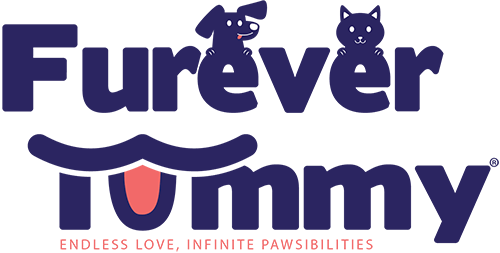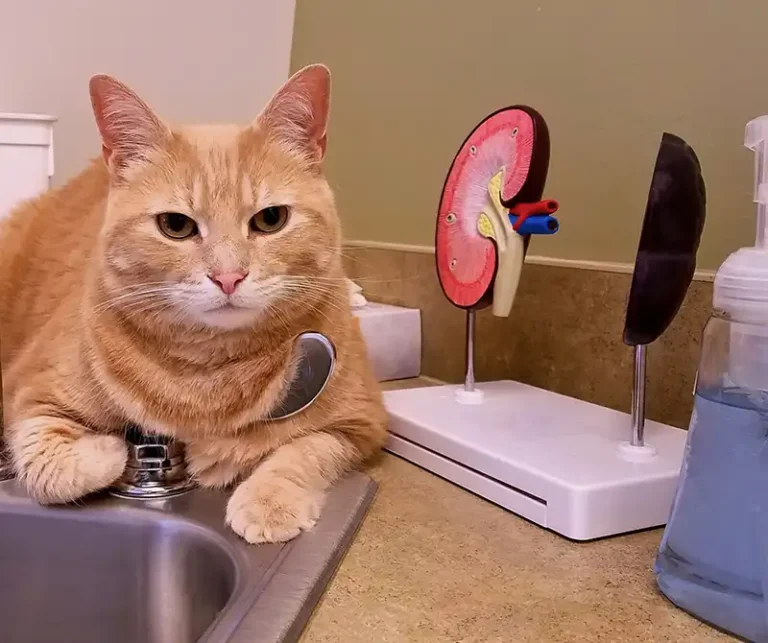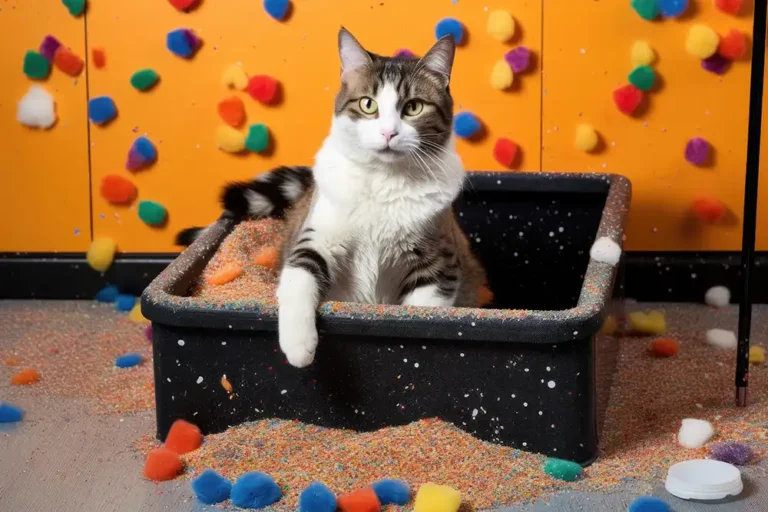Managing Your Dog and Cat’s Insatiable Appetites: Helping Them with Their ‘Furever Tummys’
We know dogs and cats are known for their insatiable appetites. They have what some people refer to as ‘Furever Tummys.’ We created this term based on the seemingly never-ending hunger our furry loved ones seem to have. Many pet owners try to keep their pets from overeating or eating inappropriate things, which can lead to health problems if they overeat. The following explores why dogs and cats have such big appetites and what you can do to keep your furry ones healthy.
Why Do Dogs And Cats Have Such Insatiable Appetites?
Dogs and cats have evolved to be opportunistic eaters. Generally, this means they will eat whenever food is available, regardless of hunger. Before dogs and cats became domesticated, they depended on hunting or scavenging for food. Prey can be challenging to catch. When they get a meal in the wild, they eat as much as possible because they don’t know when they’ll get their next meal.
Domesticated dogs and cats still have this opportunistic eating tendency. They have not evolved to regulate their food intake. We recommend pet owners monitor their pets’ food intake and ensure they do not overeat.
In addition, some dog and cat breeds often have bigger appetites than others. As an example, Labrador Retrievers are notorious for their love of food, and they are prone to obesity if their food intake is not kept in check.
What Are Some Of The Health Risks Of Overeating?
Overeating due to insatiable appetites can lead to a bunch of health problems for our furry loved ones. Obesity, which can lead to other health problems such as diabetes, heart disease, and joint problems, is the primary concern. Overeating too quickly or the wrong types of food can also cause digestive issues such as vomiting and diarrhea. Keeping toxic substances away from them is critical, as it can lead to poisoning and even death.
What Can You Do To Manage Your Pet’s Insatiable Appetite?
We recommend pet owners do several things to manage their pets’ appetites and keep them healthy.
Control portion sizes: Pet owners should feed their pets the right amount of portion sizes based on their age, weight, and activity level. Many pet food brands have feeding guidelines, but these are not exhaustive and may need to be adjusted based on what you observe with your cat or dog. We recommend weighing them on a regular basis to ensure you keep them at a healthy weight.
Stick to a feeding schedule: A regular feeding schedule can offer your pet expectations about their nourishment and when to eat. We do not recommend leaving food out all day. Having set times for feeding can help make it easier to monitor your pet’s food intake.
Choose high-quality food: We recommend buying high-quality food appropriate for your pet’s age, weight, and exercise regimen. Sometimes, less expensive, low-quality food can contain fillers and other ingredients that can lead to overeating and weight gain.
Use puzzle feeders: Puzzle feeders are a great way to make mealtime fun and challenging for pets while slowing their eating. Puzzle feeders require pets to work for their food and take more time for intake, which can help prevent overeating and provide mental stimulation.
Provide healthy treats: Rather than giving your pet high-calorie treats, choose healthy treats such as vegetables, sweet potatoes, fruits, and lean proteins. This can help you manage their calorie intake while still providing them with the love, attention and affection you want to give them.
Your Goal As A Pet Owner – Manage Their Forever Tummy’s!
In conclusion, dogs and cats have endless appetites due to their opportunistic eating behavior. While some breeds are more prone to overeating than others, you can manage their regimen with love and care while still feeding them well. Overeating can lead to a variety of health problems, including obesity, diabetes, and digestive issues. You can manage your pet’s appetite by controlling portions, following a feeding schedule, choosing high-quality/nutritious food, using puzzle feeders, and providing healthy treats. These tips can help you keep your pets healthy and help manage their Furever Tummy for years to come!




